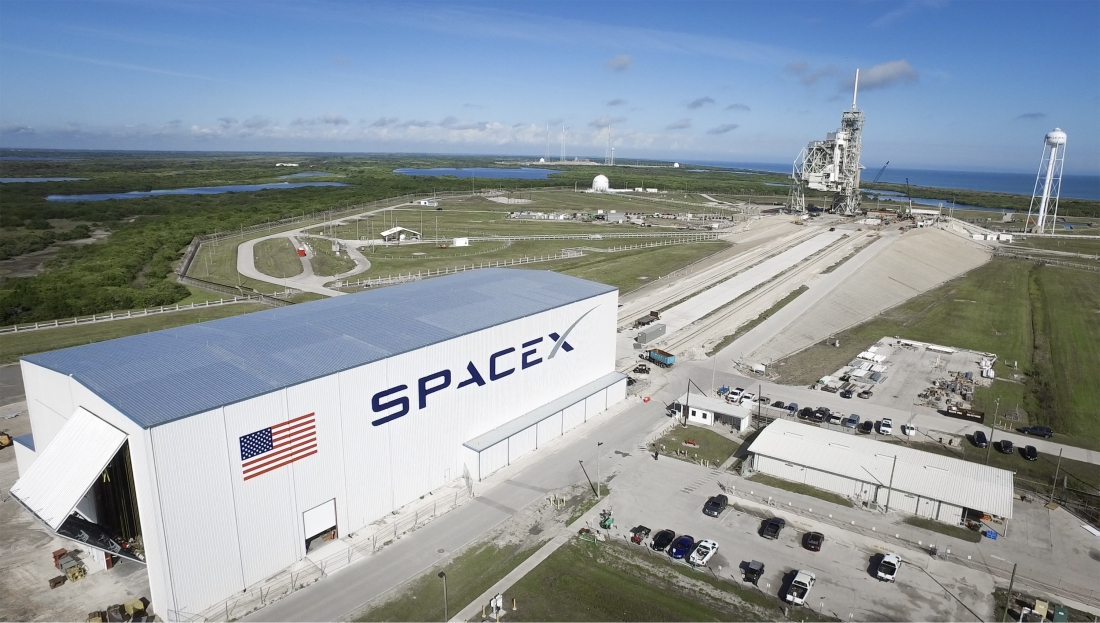Preliminary findings in a Government Accountability Office (GAO) report highlight what's described as persistent cracking of turbine blades responsible for pumping fuel into SpaceX's Falcon 9 rockets.
Industry officials say the crack-prone parts are potentially a major threat to rocket safety and may require a redesign. NASA has reportedly warned the space flight company that the cracks pose an unacceptable risk for manned flight.
A spokesperson for SpaceX told The Wall Street Journal that they have qualified their engines to be robust to such cracks but are modifying the design in order to avoid the cracks entirely. The changes will be part of the final design, the spokesperson said, adding that NASA will help qualify engines for manned spaceflight.
The Journal highlights the fact that SpaceX has delayed its first unmanned launch from the renovated pad at Cape Canaveral by at least two weeks.
In September of last year, if you recall, a SpaceX Falcon 9 rocket exploded on the launch pad during a routine pre-launch test. After an extensive investigation, it was determined that one of the three composite overwrapped pressure vessels (COPVs) inside the second stage liquid oxygen (LOX) tank failed.
SpaceX's latest launch delays at Cape Canaveral don't seem to be related to the turbine issues. Instead, the company is performing additional testing of ground facilities following the renovation.
The final report from the GAO is expected in the coming weeks, the publication notes.
